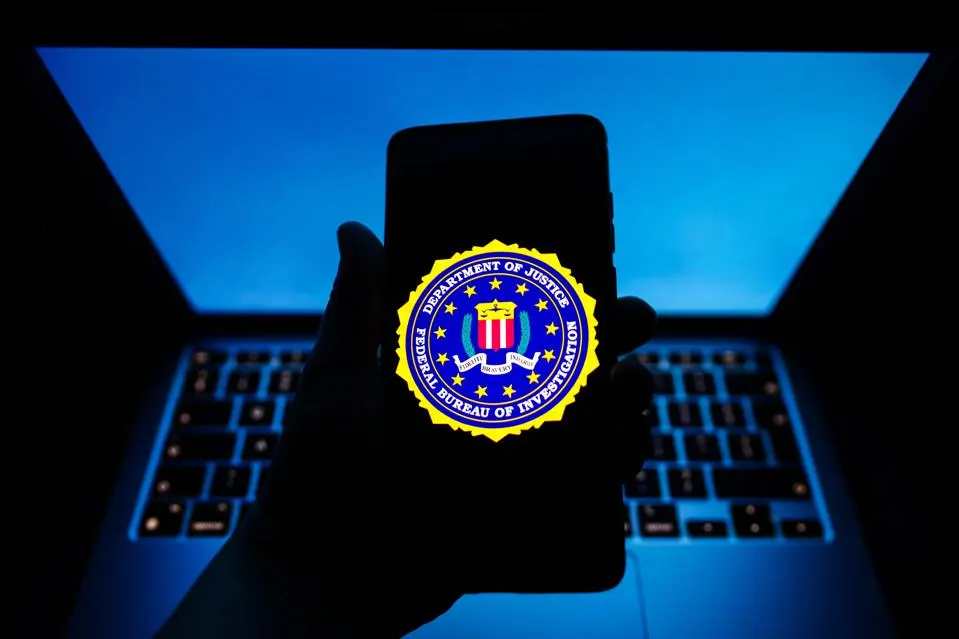May 8, 2024,06:08am EDT
Joint Cybersecurity Advisory: North Korean Hacking Campaign Exposed
In a collaborative effort, the Federal Bureau of Investigation (FBI), National Security Agency (NSA), and the U.S. Department of State have issued a critical cybersecurity advisory. This advisory serves as a warning against state-sponsored email hack attacks that cleverly evade authentication security measures.
The perpetrators behind these attacks have been identified as APT43, a notorious hacking group associated with the North Korean military intelligence agency. Operating under the alias “Kimsuky,” APT43 has orchestrated sophisticated email authentication bypass techniques. Their modus operandi involves impersonating journalists, researchers, and other academic figures in meticulously orchestrated spear-phishing campaigns. These campaigns aim to infiltrate networks, particularly targeting policy analysts and experts, to provide stolen data and valuable geopolitical insights to the North Korean regime.
The gravity of this threat extends beyond potential targets; it poses a significant risk to all email users. The advisory underscores the strategic importance of updating Domain-based Message Authentication, Reporting, and Conformance (DMARC) security policies promptly. Whether individuals manage personal email domains or represent organizations, immediate action is imperative to mitigate the looming danger.
Understanding DMARC: Enhancing Email Security
DMARC stands as a crucial security protocol, empowering email servers to authenticate the origin of messages. It acts as a robust defense mechanism against spoofing, ensuring that emails genuinely originate from their claimed sources. However, the effectiveness of DMARC hinges on proper configuration and implementation.
The recent advisory sheds light on the exploitation of lax DMARC policies by APT43. Many organizations overlook or inadequately configure their DMARC policies, leaving gaps that hackers exploit with impunity. By impersonating legitimate entities and leveraging compromised email accounts, APT43 circumvents authentication measures with alarming ease.
Urgent Mitigation Measures
Recognizing the imminent threat posed by APT43’s tactics, the FBI and NSA issue a critical call to action. They urge all email users to update their DMARC security policies without delay. This proactive step aligns with recent efforts by major email service providers, such as Google, to fortify defenses against spam and malicious content.
To bolster email security effectively, users must ensure that their DMARC policies are configured with either “v=DMARC1; p=quarantine” or “v=DMARC1; p=reject” settings. These configurations direct email servers to quarantine or reject suspicious messages, mitigating the risk of infiltration.
Ongoing Threat Landscape: Vigilance is Key
While this advisory sheds light on the North Korean threat, it underscores the broader cybersecurity landscape’s complexity. Threat actors like APT43 continuously evolve their tactics to evade detection and exploit vulnerabilities. As such, maintaining vigilance and implementing robust security measures remain paramount in safeguarding against cyber threats.
Conclusion: Strengthening Cyber Defenses
The joint cybersecurity advisory serves as a wake-up call, highlighting the critical importance of proactive cybersecurity measures. By updating DMARC policies and staying vigilant against evolving threats, individuals and organizations can fortify their defenses and protect against malicious cyber activity.
In the face of escalating cyber threats, collective action and heightened awareness are essential to safeguarding global cybersecurity and protecting citizens worldwide.

